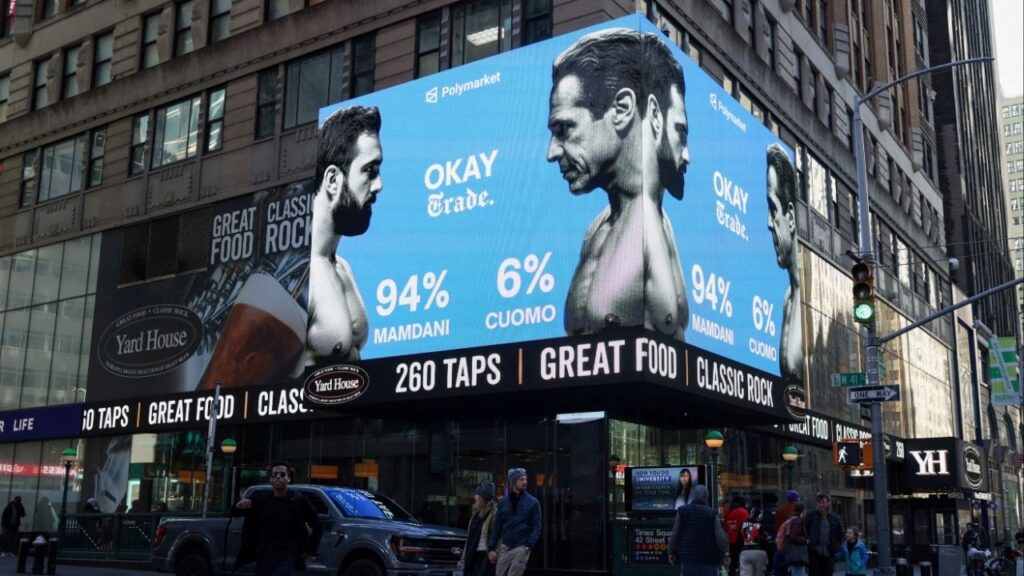New California law aims to protect consumers from 'junk fees' for declined ATM withdrawals starting Jan. 1, 2025. (Shutterstock)

- The new law prohibits state-chartered banks from charging fees for instantaneously declined withdrawals.
- Consumer advocacy groups backed the bill, calling insufficient fund penalties 'junk fees'.
- Governor Newsom also signed bills limiting credit union overdraft fees and regulating subscription renewals.
Share
Californians who try to withdraw money but don’t have enough in their bank accounts won’t fall deeper into a financial hole from having to pay a fine, thanks to a new state law.

Levi Sumagaysay
CalMatters
The law covers instances in which banks charge customers when their withdrawals are declined instantaneously, such as at ATMs, because of insufficient funds. It takes effect Jan. 1.
Assembly Bill 2017 applies to banks and credit unions that are regulated by the state; Gov. Gavin Newsom signed it in September. The bill was backed by several consumer advocacy groups, including the California Low-Income Consumer Coalition and East Bay Community Law Center, which called penalties for insufficient funds “junk fees” and said getting rid of them will protect financially vulnerable consumers.
Tim Grayson, the bill’s author, said when he introduced it in May that it would “help prevent fee creep in the banking industry.” Grayson, a Democrat from Concord, is an incoming senator who was in the Assembly through the end of the 2024 legislative session.
The Consumer Federation of America, a sponsor of the bill, said common charges for insufficient funds are $30 or more.
Related Story: CA Restaurants Shouldn’t Be Shocked That ‘Junk Fees’ Ban ...
The California Credit Union League, which at first opposed the bill and said credit unions “do not charge these types of fees,” eventually took a neutral position. But the state Department of Financial Protection & Innovation has found that many credit unions do have income from insufficient-fund charges; a 2022 state law tasked the agency with collecting data from banks and credit unions about their fees.
The law by Grayson is similar to a rule by the Consumer Protection Financial Bureau — the federal watchdog agency that’s in President-elect Donald Trump’s crosshairs — that applies to federally chartered banks.
In line with the growing nationwide push to eliminate junk fees, Newsom also signed another bill addressing overdraft fees: Senate Bill 1075 will limit credit-union fees for insufficient funds to $14 unless a lower federal limit is set. That becomes law in 2026. And he signed Assembly Bill 2863, which will make it easier for consumers to cancel subscriptions and requires companies to get consent from their customers before charging them to renew or when a free trial ends. It goes into effect July 1.
About the Author
Levi Sumagaysay covers the California economy for CalMatters with an eye on accountability and equity. She reports on the insurance market, taxes and anything that affects the state’s residents, labor force and economy.
About CalMatters
CalMatters is a nonprofit, nonpartisan newsroom committed to explaining California policy and politics.


















